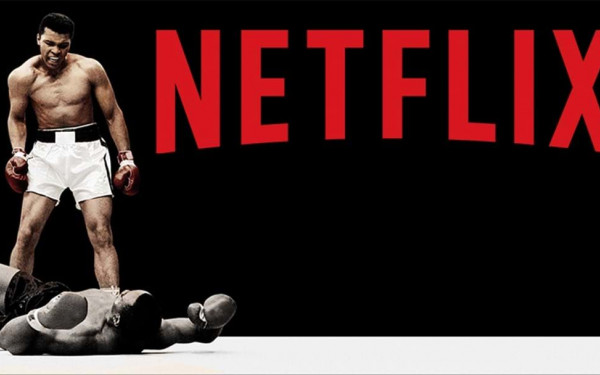Cinemas Are Not Dead
The State of Montreal Cinema Culture from a French Perspective
J.A. Martin Photographer, C.R.A.Z.Y., Mommy, Sicario: movies that we have watched, loved, hated or simply heard about.
Quebec’s movie industry has a voice that crosses borders, that’s for sure. Yet, when I stroll the streets of Montreal, remembering all those films, I can’t help but wonder where this energy is being represented, aside from on-screen.
Where are all the movie theatres? Where are the bright coloured posters? Where are the people running because they’re late for the 7:20 p.m. screening?
In France, where I come from, the culture is different when it comes to movies. You eat croissants, drink wine as soon as a reasonable time rings—usually around 11 a.m.—you take the metro, yell at a few people on your way to work and, every Wednesday, you go to the movies.
You go because you know that on Thursday morning, as soon as you turn on your computer to start working, your colleague will ask you: “So, have you seen the new James Bond?” If you say yes, you know you’ll be the hostage of a 15-minute conversation, but if you say no, Nicolas, your film-loving colleague, will never look at you the same way.
In Paris, Bordeaux, Lyon, Metz, or wherever in France, you have to go to the movies.
In Montreal, the ritual is not the same. While the weekly activity in France is a talking point and almost a way of living, you can’t find that here, in the region where the film industry is thriving.
The streets are more sober; you walk straight and rarely give a movie poster a second glance. When you look at the screening schedules of the different cinemas of Montreal, the websites are messy, not informative.
The question remains: where is the cinema culture in the city?
Taking a trip a few decades before might help us understand this issue. Mario Fortin, the owner and general director of Cinema Beaubien and Cinema du Parc, came with an interesting answer. As he explained, France and North America had a different cultural policy when television arrived in the ‘50s.
“French TV channels didn’t broadcast movies, didn’t talk about movies and didn’t announce movies,” Fortin said. Because of this, the advertisement of movies had to be done in another way.
“Here, in North America, the advertising of movies is through television, and through print,” he said. “Whereas in France, it was made through posters.”
Today, between TV and the internet, learning about the release of the new Star Wars movie from posters alone might seem obsolete.
The crowded streets of Paris also explain some of the difference. Indeed, in a city like Paris, with more than 2 million inhabitants, advertising movies with posters has a larger impact, especially in the metro.
“The first time I went to Paris, I bought a book about the Parisian metro,” Fortin said. “It said that there were 365 metro stations in Paris. In Montreal, at that time, we had only 21, I think.”
“Now, the market has changed, and that market is ruled by Netflix and Amazon.”
—Mario Fortin
It made no sense to put movie posters up in the Montreal metro, but even today, in a region near three times bigger than France, with 8 million people spread across it, Quebec cannot hope to do the same. Poster advertising can not be pervasive to such a wide-spread population. There is also a shift occurring in cinema.
“Now, the market has changed, and that market is ruled by Netflix, Amazon,” Fortin said.
Despite all of this, I love the obsession with movies in France. It’s a social activity where we laugh, cry and criticize, together. I wonder if Netflix doesn’t simply reflect the current culture of loneliness and our growing individualism.
“I love going to the movies, I would go everyday if it was something that was possible,” said Justine Smith, a freelance film writer in Montreal, with enthusiasm.
“I see it both as a social activity, I love to go there with people, but I have no problem going there by myself, and I go by myself a lot,” she said.
Smith also watches a lot of movies on Netflix or at home, because of the rising cost of actually going to the cinema, but also because the access online is just easier.
“There are also a lot of films that are just not playing theatrically or probably won’t be,” Smith said.
This is the reflection of the absence of posters, of the few movie theatres and of the fragile excitement of going to the movies in Montreal.
“Montreal is a good city for cinema, but it’s not a great city compared to Paris or Toronto,” Smith added.
Apart from that, I hope Netflix will not win over cinema. And I feel positive for the future of movie theatres in Montreal, as does Fortin.
“Since the advent of cinema, we have been predicting the death of cinema. When the radio arrived, we said people are going to stay at home and listen to the radio,” Fortin said.
“There is always something like this—that cinema, whose death is predicted, comes out of it greater.”

_900_600_90.jpg)





